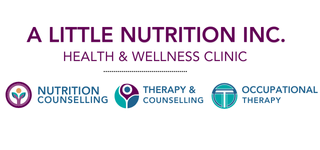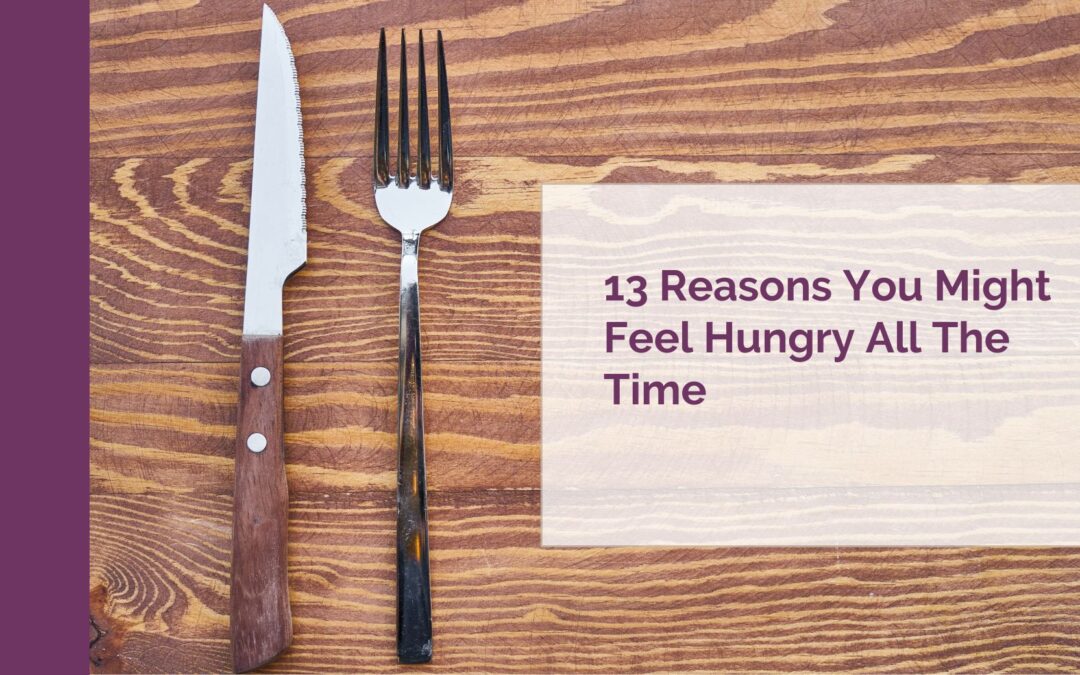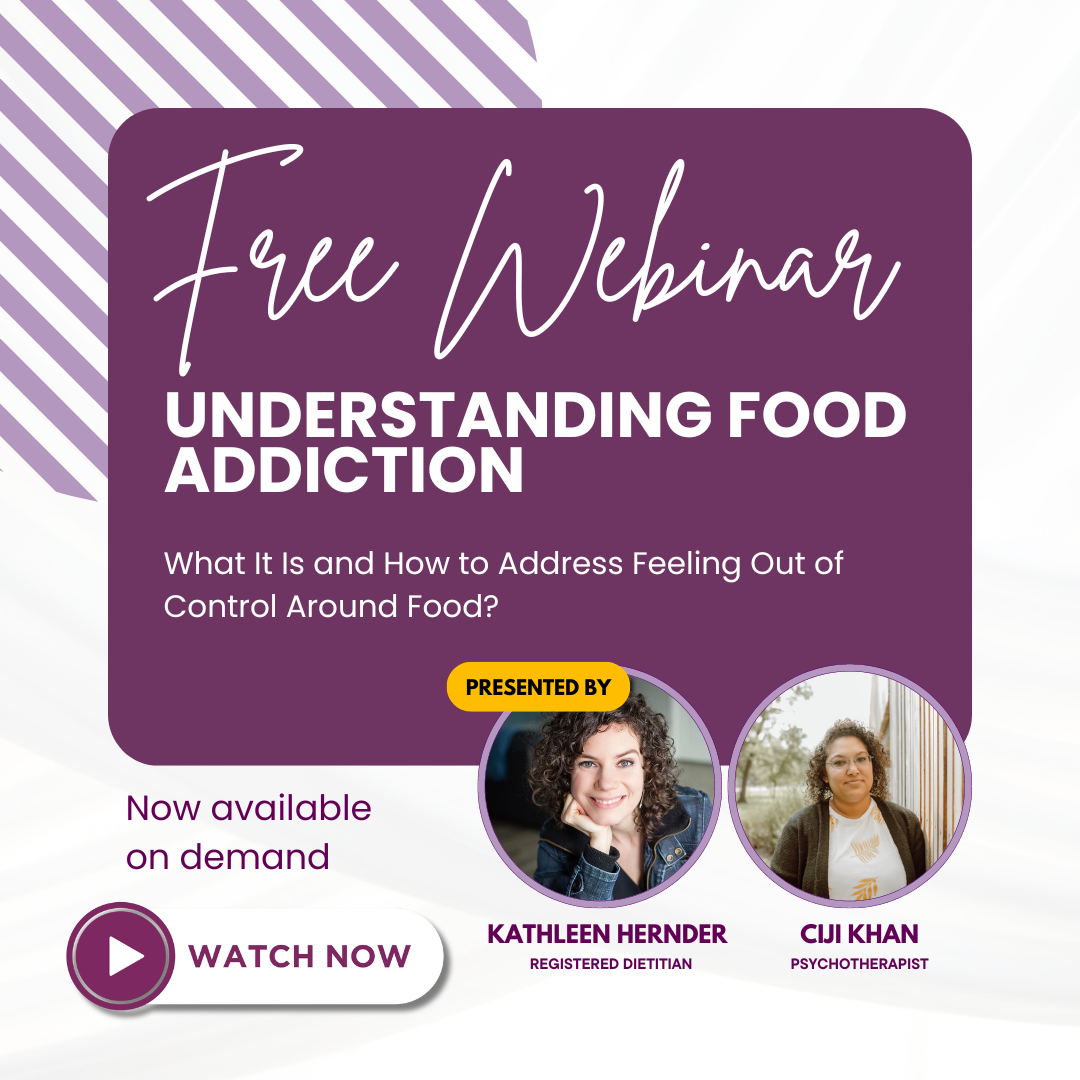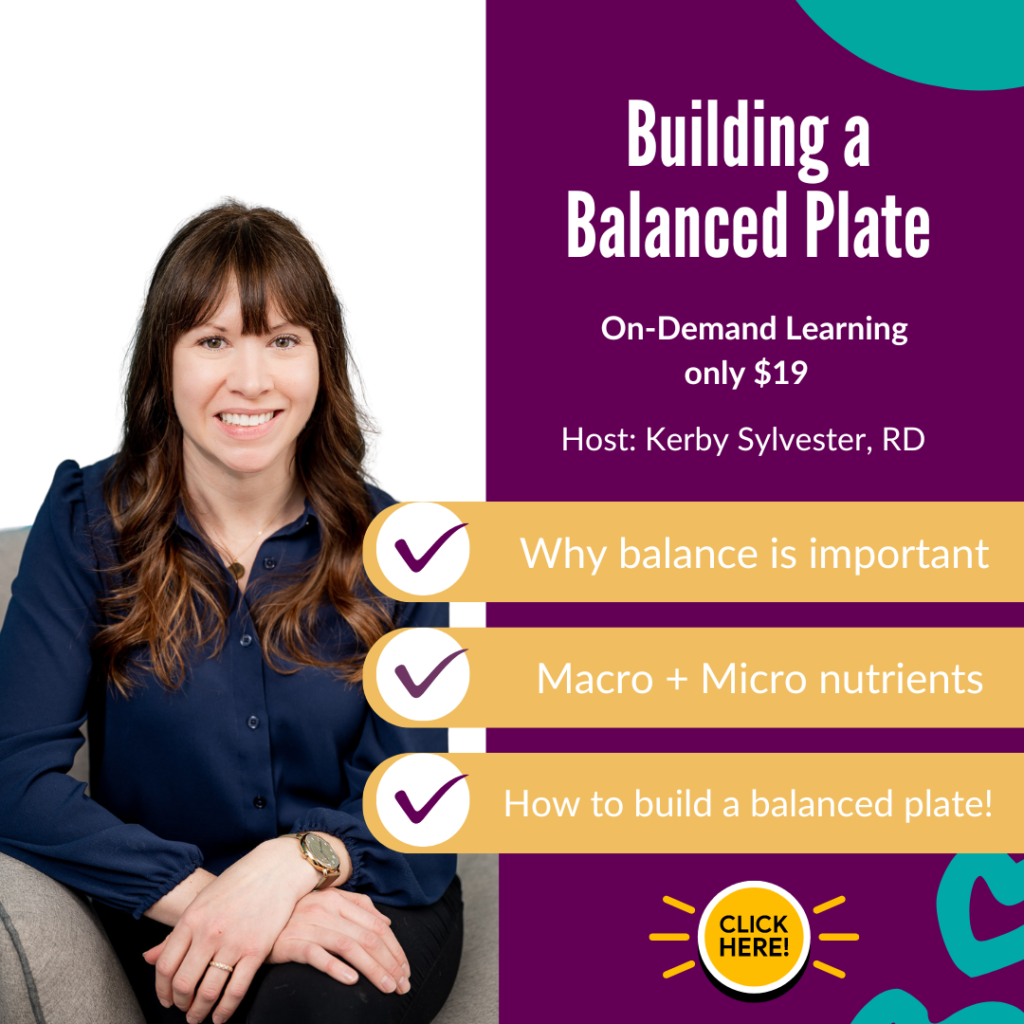Do you constantly find yourself rummaging through the pantry or thinking about your next meal—even when you’ve just eaten? Feeling hungry all the time can be frustrating and concerning, but it’s important to remember that hunger is your body’s way of communicating its needs. Understanding why you might feel this relentless hunger is the first step toward creating nourishing patterns of eating that support your overall health and well-being.
While persistent hunger could indicate something serious, it can also stem from more manageable factors such as dehydration or not getting enough nutrients in your meals. Instead of turning to restrictive eating or crash diets, let’s explore 15 common reasons for recurring hunger, and how you can address them with a more balanced approach.
Medical Considerations:
Before we explore lifestyle factors, it’s important to consider potential medical conditions that may affect your hunger. If you’ve noticed an unusual shift in your appetite, consulting a healthcare provider is always a good idea.
Underlying Medical Conditions
Conditions like diabetes or hyperthyroidism can disrupt your body’s internal systems and cause increased hunger. For example, imbalances in blood sugar levels or an overactive thyroid can send your appetite into overdrive.
Hormonal Imbalances
Certain hormones—like ghrelin (the hormone that signals hunger) and leptin (the hormone that signals fullness)—can become dysregulated for various reasons, leaving you feeling continuously hungry, even after a full meal.
Digestive Challenges
If your body struggles to properly absorb nutrients due to a condition such as celiac disease or irritable bowel syndrome (IBS), it may send hunger signals more frequently in an attempt to obtain the nutrients it needs.
Medication Side Effects
Certain medications, such as antidepressants or corticosteroids, can increase appetite as a side effect. If this is a concern for you, it’s worth having a discussion with your prescribing doctor about potential alternatives.
Lifestyle Considerations:
Hunger may not always result from medical conditions—it can often stem from identifiable lifestyle factors. Here are some common areas to be curious about and practical tips for addressing them:
1. You’re dehydrated
Did you ever stop to wonder if what you thought was hunger was actually just thirst in disguise? It may sound crazy, but dehydration can actually make you feel hungry when your body is really just craving water. And let’s be real – who wants to constantly second-guess their body’s signals all day long? Instead of getting caught up in the confusion, try prioritizing hydration by drinking enough water throughout the day.
Think about it – starting your day with a glass of water and keeping a water bottle with you everywhere you go could be the key to feeling more energized and alert throughout the day. You can even set reminders on your phone to drink water regularly throughout the day. By focusing on hydration, you’ll make sure your body is getting what it needs without stressing over whether you’re thirsty or hungry.
But here’s the kicker – if you’re still feeling hungry despite staying hydrated, it’s important to listen to your body and honor that hunger. Don’t forget that your body needs proper nourishment to function properly.
2. You’re not getting enough sleep
Did you know that skimping on sleep can wreak havoc on your appetite? Sleep affects more than just your energy levels—insufficient rest can disrupt hunger-regulating hormones like ghrelin and leptin, leading to increased appetite. After a night of poor sleep or not getting enough rest, you may find yourself feeling extra hungry or having intense cravings for starchy foods. This is because ghrelin, the hormone that signals hunger, is released at higher levels when you’re sleep-deprived. And if that wasn’t bad enough, leptin – the hormone that signals fullness – decreases after a meal, and may leave you feeling unsatisfied.
So, what’s the solution? Try prioritizing 7–9 hours of quality sleep each night.
3. You’re Not getting enough Fibre
Have you considered that you might not be getting enough fiber in your pattern of eating? It’s easy to overlook the importance of this nutrient, but it plays a vital role in helping you feel full and satisfied while also balancing blood sugar levels. Without enough fiber in your diet, you might find yourself feeling hungry and struggling with unexplained cravings throughout the day.
One reason for this is that refined carbohydrates – foods with little fibre – break down quickly in the body and are rapidly absorbed, causing blood sugar levels to quickly rise and fall. This constant cycle of ups and downs can trigger cravings and leave you feeling like you need another energy boost.
The good news is that adding more fiber to your meals and snacks can help regulate blood sugar levels and help you feel full. Most people require between 25-30 grams of fibre per day.
4. You’re stress level is off the charts
Stress is a common issue that many individuals face in their daily lives. While the stressors of today may not manifest themselves in traditional fight or flight scenarios, such as encountering wooly mammoths, they are no less impactful or draining. The constant juggling of work obligations, family responsibilities, and navigating rush hour traffic can all contribute to feelings of overwhelming stress.
If left unchecked, this persistent stress can lead to reaching for quick-fuel foods. This is due in part to the fact that stress triggers the release of cortisol, which in turn can increase hunger and lead to cravings for foods that provide quick energy.
Fortunately, there are many strategies that can be implemented to help manage stress and eating past fullness. From practicing meditation and mindfulness to engaging in regular exercise, there are many healthy ways to cope with stress and help regulate eating habits.
If you find yourself struggling with stress and overeating, it may be helpful to seek out the guidance of a therapist or registered dietitian. With their expertise and support, you can develop a customized plan that addresses both your stress levels and nutrition needs.
5. You’re Drinks are interrupting Hunger and Appetite
Alcohol consumption affects the body in several ways, including its impact on hunger and appetite. When you drink alcohol, your body uses up its glycogen stores to metabolize it, leading to a drop in blood sugar levels. This can trigger feelings of hunger and cravings for high-carbohydrate foods.
Moreover, alcohol intake can also disrupt the hormones that regulate hunger and satiety, such as ghrelin and leptin. Ghrelin is a hormone that stimulates appetite, while leptin signals the brain to stop eating when you are full. Alcohol consumption can increase the production of ghrelin and decrease leptin, leading to increased hunger and reduced feelings of fullness.
6. You’re not eating enough protein
Protein is an essential macronutrient that plays a critical role in many bodily functions, including promoting feelings of fullness and satisfaction. When you consume protein, it is broken down into amino acids, which are used to build and repair muscles and other tissues. This process takes longer than digesting carbohydrates or fats, which means that protein can help you feel full for longer periods and prevent overeating.
To maintain feelings of satisfaction throughout the day, it’s important to ensure that each meal and snack contains enough protein. A balanced meal consisting of protein, complex carbohydrates, and vegetables can provide you with sustained energy for 3-4 hours.
If you find yourself feeling hungry after just an hour since your last meal, it may be because you didn’t consume at least 20 grams of protein. In this case, consider finding ways to incorporate more protein into your diet, such as adding nuts or seeds to your snack, having a protein shake, or including a lean source of protein in your meal. By prioritizing protein intake, you can support feelings of fullness and avoid overeating throughout the day.
7. You’re not eating enough fat
Let’s face it – the low fat diet craze has been instilled in us for far too long. But is it really better for us? Think again. When we opt for low-fat alternatives, we’re often sacrificing the satisfying and satiating components that keep us feeling full and energized.
Our bodies are genetically programmed to yearn for that delectable mouthfeel of fats – think of the way a luxurious piece of chocolate melts on your tongue. Not only that, but fat also slows down digestion, which means it can play an integral role in feeling satisfied.
And the good news is that there are plenty of healthy fats to choose from! Oils, avocados, nuts, and seeds are all excellent sources of the nutrients your body craves. Try incorporating half a sliced avocado to your next salad or sandwich for added creaminess, sprinkle walnuts over your morning oatmeal for a satisfying crunch, or whip up an oil and lemon vinaigrette to drizzle over grilled meats at dinner. Don’t let the low-fat myth prevent you from enjoying all the indulgent flavors and sensations that your body craves!
8. You skip meals
Are you in the habit of skipping meals? You may be setting yourself up for a vicious cycle of rebound hunger. When we deprive our bodies of nourishment throughout the day, we’re simply postponing the inevitable – and at the end of the day, our appetite will come knocking with a vengeance.
Skipping meals can cause our blood sugar levels to plummet, triggering an urgent signal to our brains to eat – and eat now! This often leads us to reach for the first convenient food we can find, rather than making a choice that will keep us feeling full and energized.
But what if there was a better way? By eating balanced meals every 3-4 hours, with a combination of protein, carbs, and vegetables, we can keep our appetites satisfied and avoid the dreaded rebound hunger. Planning ahead with wholesome snacks can also help keep our energy levels stable between meals.
9. You’re eating quickly
Do you find yourself finishing a meal in 10 minutes or less? It’s worth considering the pace of your eating, as research suggests that it takes at least 20 minutes for our stomach to communicate with our brain and signal that we’re satisfied. This process involves hormones like leptin, which help regulate hunger and fullness. Eating too quickly can leave your body playing catch-up, making it harder to recognize when you’ve had enough.
Sometimes, life gets busy, and we may need to eat quickly to nourish ourselves—and that’s perfectly okay. However, it can be helpful to reflect on whether the speed of your eating might be contributing to feelings of not being fully satisfied after meals. Being curious about this connection is a great first step. You might experiment with slowing down during meals to see if it makes a difference and helps improve your overall satisfaction with your meals.
10. You’re eating distracted
Eating while distracted is a common part of life, and it doesn’t make you “bad” or “wrong.” Sometimes, it’s simply the reality of navigating busy schedules or finding moments to nourish yourself any way you can. However, it can be worth exploring how distractions during meals impact your eating experience and satisfaction. For instance, if you often eat breakfast on the way to work, lunch at your desk, and dinner in front of the TV, you might notice that these patterns sometimes leave you feeling less connected to your food or even less satisfied.
Tuning into your eating experience can be a curiosity rather than a rule. How does your food taste, smell, or feel? Taking a few moments to savor these aspects might help your brain register the experience of eating more fully and enhance your enjoyment. This doesn’t mean every meal needs to be perfectly mindful or free of distractions—flexibility is key. When it feels manageable, you can experiment with making mealtime a more intentional or calming pause in your day, not as a strict guideline, but as an act of self-care and connection with your body and its needs.
11. You’re not getting enough fiber
Fiber is a unique and important carbohydrate that our bodies don’t digest—it moves through the digestive system intact. Along the way, it provides valuable support, adding bulk to meals which can help sustain feelings of satisfaction and support smoother digestion. It also plays a role in helping regulate how your body processes sugar from food, offering more consistent energy.
There are plenty of gentle, approachable ways to include more fiber in your daily routine if that feels right for you. For example, you might explore incorporating whole grains, adding a variety of vegetables to your meals, or trying flax, bran, or chia seeds in dishes you already enjoy. Remember, there’s no one-size-fits-all approach—what matters most is listening to your body and honoring what feels good for you.
12. You might not be hungry
Sometimes, we turn to food as a way to respond to a variety of emotions—whether it’s boredom, anger, loneliness, fatigue, sadness, or even joy. These feelings are normal and valid, and it’s common for many people to use food as a source of comfort or connection.
If you find yourself feeling hungry, even if you’ve recently eaten, it might be helpful to pause and check in with yourself. Ask gently, “What am I feeling right now?” or “What do I need in this moment?” Hunger is complex—it can be physical, emotional, or even reflect a need for a different kind of nourishment, like rest, support, or movement. It’s okay to honor your feelings without judgment and explore what best supports you with compassion.
13. You’re exercising more
You’ve started moving your body in ways that feel good to you, like heading to the gym a couple of times per week. Since doing so, you might have noticed feeling hungrier more often, and that’s completely normal. Our bodies are wonderfully dynamic and have natural ways of signaling their needs. When we engage in more physical activity, our energy demands increase, and hunger is simply our body’s way of asking for the fuel it needs to feel balanced and supported.
Movement benefits our mental and physical health in so many ways, and nourishing ourselves well is a vital part of that. Consider how you can add satisfying and energizing meals or snacks that include a mix of protein, fats, carbohydrates, and fiber—it’s about giving your body the care it deserves, not restricting or ignoring its cues. Listen to what feels right for you with kindness and curiosity, trusting in your body’s wisdom.
Final Thoughts
Feeling hungrier more often can be an opportunity to learn more about your body’s unique needs. While it may feel frustrating at times, it’s important to view hunger as your body’s way of asking for support. The good news? Many small, manageable changes—like staying hydrated, balancing nutrients in your meals, or finding structure in your eating patterns—can make a big difference. Understanding your body’s signals is an empowering step towards a healthier, more balanced relationship with food and movement.
If you’re still feeling unsure or want extra guidance, consider booking a session with one of our registered dietitians at A Little Nutrition Inc. We’re here to support you with personalized care, whether you’d prefer to meet in person or virtually. Taking the first step doesn’t need to be overwhelming—you deserve to feel nourished and confident in your well-being. Reach out today and get the professional support you need to feel your best!






